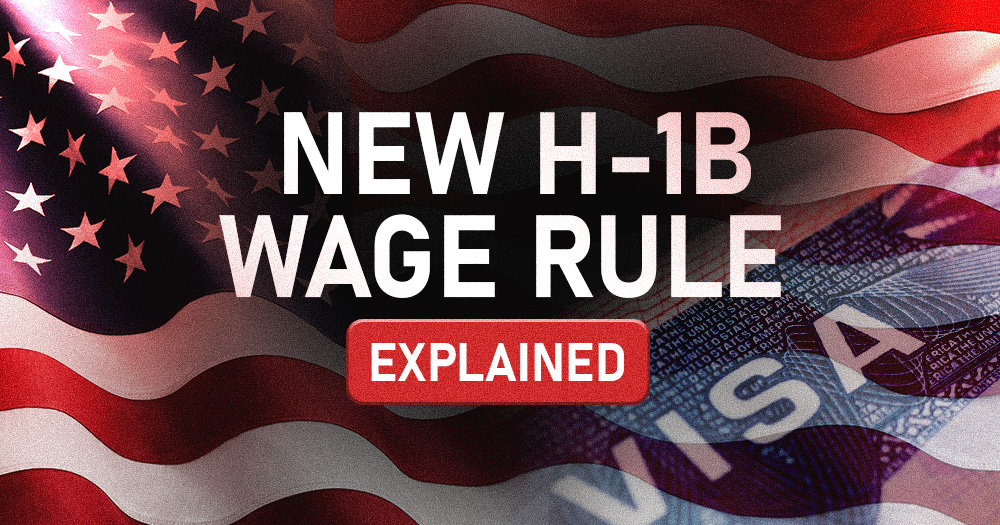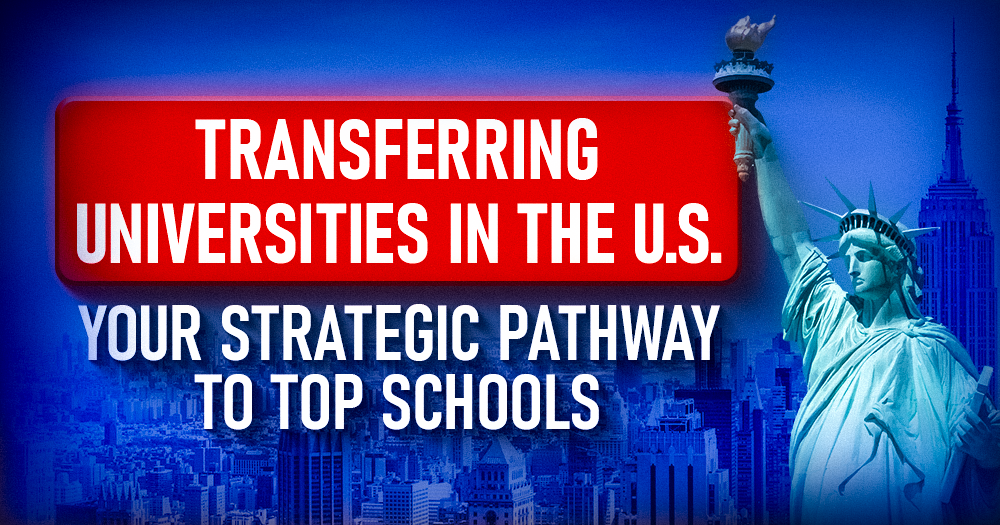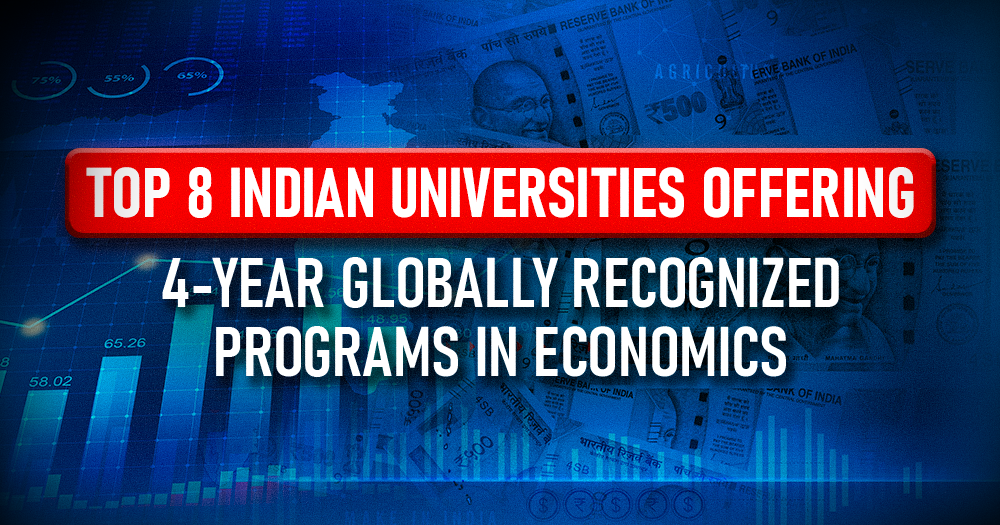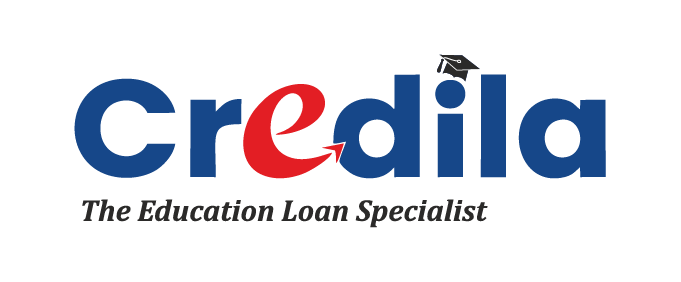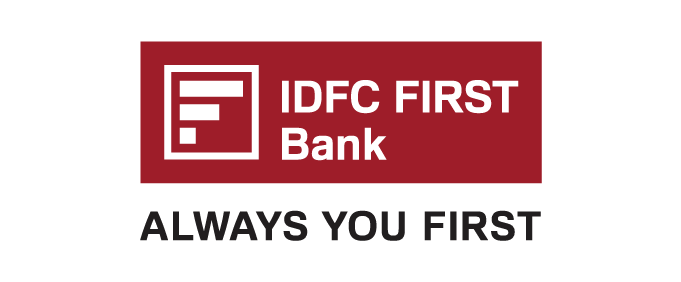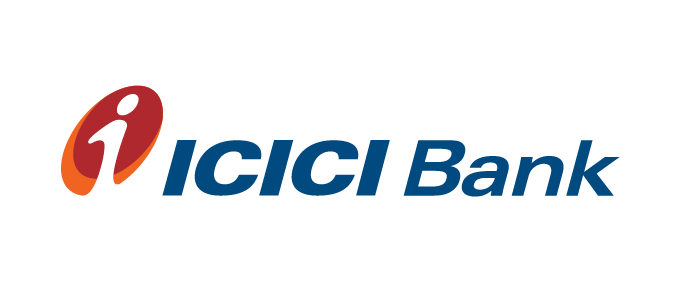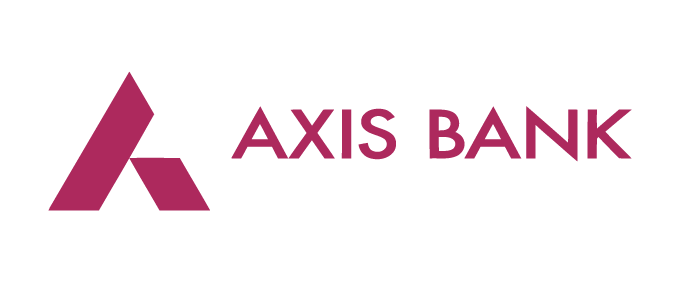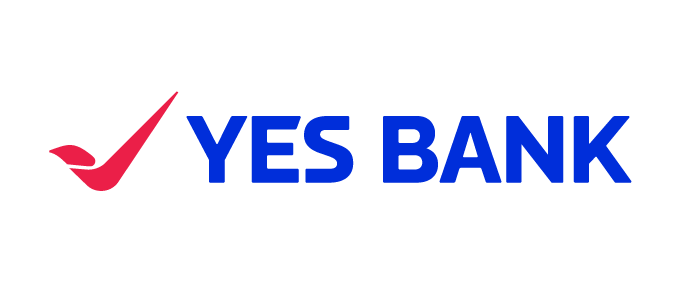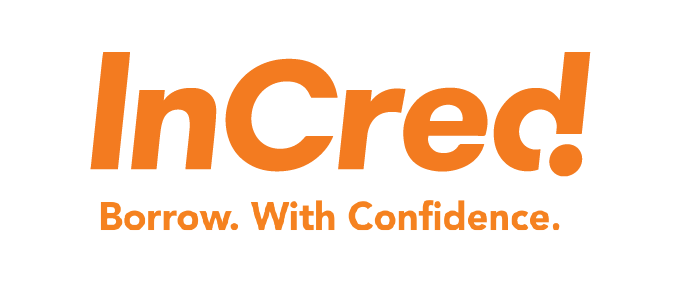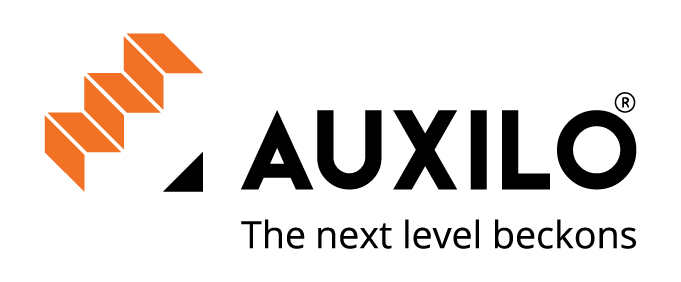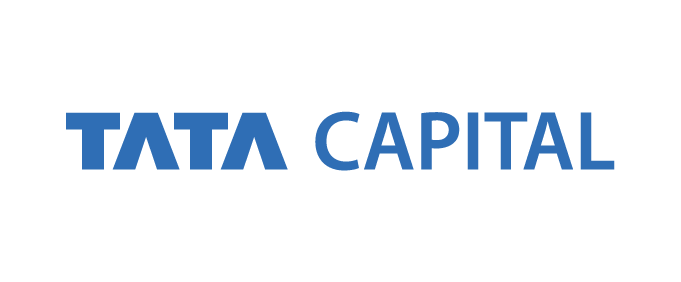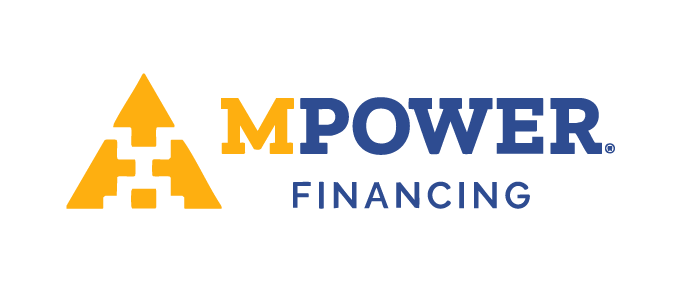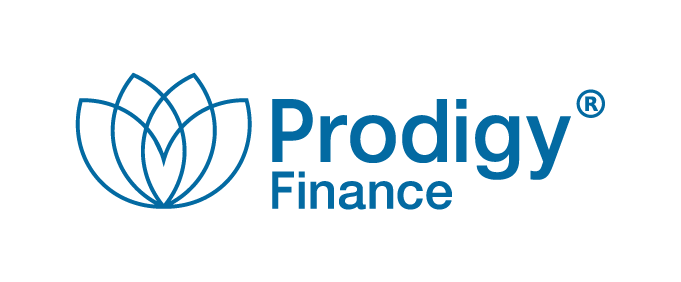The H-1B Game Just Changed Forever: What Every International Student Must Know About the New Wage-Based System
Picture this: You’ve just graduated from your dream American university with a computer science degree. You’ve landed interviews at top tech companies, and you’re ready to start your career in the United States. But here’s the twist—your chances of getting that coveted H-1B visa are no longer determined by luck. Starting in 2026, it’s all about the money.
The Trump administration has just approved a revolutionary change to the H-1B visa system that will fundamentally reshape how international students transition from campus to career in America. Gone are the days of crossing your fingers and hoping the lottery gods smile upon you. The new reality? Your salary offer will determine your fate.
If you’re an international student planning to study in the US or currently enrolled, this change will impact every decision you make—from choosing your major to negotiating your first job offer. Here’s everything you need to know to navigate this new landscape successfully.
The End of the Lottery Era
For decades, the H-1B visa process has been a nerve-wracking lottery system. With over 400,000 applications competing for just 85,000 visas annually, even the most qualified candidates had only about a 20% chance of success. It was essentially a game of chance that left brilliant minds and their future employers in limbo.
The new wage-based selection system, officially approved on August 8, 2025, and set to begin with FY 2027 selections in March 2026, changes everything. Instead of random selection, the U.S. Citizenship and Immigration Services (USCIS) will now prioritize applications based on salary levels, fundamentally rewarding higher-paying positions.
How the New System Works
The new system operates on a four-tier wage level structure based on the Department of Labor’s Occupational Employment Statistics (OES) data. Think of it as a VIP queue system where your salary determines your priority level:
Level 4 (67th percentile): The VIP lane – these applications get processed first Level 3 (50th percentile): Priority boarding – second in line Level 2 (34th percentile): Regular queue – third priority
Level 1 (17th percentile): Standby list – lowest priority
The crucial distinction here is that these wage levels are occupation and location-specific. A Level 4 salary for a data scientist in Silicon Valley looks very different from a Level 4 salary for a financial analyst in New York, and both differ dramatically from a Level 4 wage for a social worker in Ohio.
Real Numbers, Real Impact
Let’s examine concrete examples to understand what this means in practice:
Data Scientist in Silicon Valley (Santa Clara County)
- Level 1: $123,531 annually
- Level 2: $174,304 annually
- Level 3: $225,077 annually
- Level 4: $275,850 annually
Financial Analyst in New York City (Manhattan)
- Level 1: $87,838 annually
- Level 2: $118,248 annually
- Level 3: $148,678 annually
- Level 4: $179,088 annually
Notice how the same level varies dramatically between occupations and locations. A Level 4 data scientist position in Silicon Valley requires nearly $100,000 more than a Level 4 financial analyst role in Manhattan—highlighting why understanding your specific field’s wage landscape is crucial.
The Numbers Tell the Story: 2025 H-1B Application Breakdown
To understand the true impact of this change, let’s examine the current distribution of H-1B applications across wage levels based on 2025 data:
| Wage Level | Percentage of Applicants | Number of Applicants |
|---|---|---|
| Level 4 | 12% | ~56,440 |
| Level 3 | 19% | ~89,370 |
| Level 2 | 46% | ~216,360 |
| Level 1 | 14% | ~65,850 |
| Total | 100% | ~428,020 |
The New Reality: Who Wins and Who Loses
With only 85,000 visas available annually, this data reveals the dramatic shift ahead:
Level 4 applicants (~56,440) will have an excellent chance of selection since they’ll be processed first and their numbers are below the total visa cap.
Level 3 applicants (~89,370) will compete for the remaining ~28,560 visas, meaning about two-thirds will be selected—still decent odds.
Level 2 applicants (~216,360) face the harshest reality. With potentially no visas remaining after Levels 4 and 3 are processed, most of these candidates—representing nearly half of all applicants—will likely be shut out entirely.
Level 1 applicants (~65,850) will have virtually zero chance of selection under the new system.
What Actually Counts as “Salary” Under the New System
Understanding what components of your compensation package count toward your H-1B wage level is crucial for positioning yourself correctly in the new system.
What Counts
- Base salary – Your guaranteed annual cash compensation
- Guaranteed signing bonuses – One-time payments that are documented and guaranteed as part of your employment offer
- Guaranteed relocation bonuses – Fixed payments made to cover relocation expenses, if guaranteed and part of your compensation package
What Doesn’t Count
- Stock options and equity – Including Employee Stock Ownership Plans (ESOPs), as these are not guaranteed cash compensation
- Discretionary bonuses – Performance bonuses or other variable compensation that isn’t guaranteed
- Benefits packages – Health insurance, retirement contributions, and other non-cash benefits
- Non-guaranteed compensation – Any payment that depends on company performance, individual performance reviews, or other contingent factors
The “Free and Clear” Rule
The Department of Labor requires that wages be “free and clear” and represent actual “cash in hand” to the employee. This means only guaranteed cash payments that you can count on receiving regardless of company performance or other variables will determine your wage level classification.
This distinction becomes critical when evaluating job offers. A position offering $120,000 base salary plus potential stock options worth $30,000 will be classified based solely on the $120,000 guaranteed amount, not the total potential compensation package.
Timing Is Everything
The rule takes effect for FY 2027 selections, which begin in March 2026. This means:
- Current high school students planning to start college in fall 2025 will graduate in 2029 and be subject to this system
- Current college freshmen and sophomores will definitely face this new reality
- Current seniors and graduate students have one or two more chances under the current lottery system
The Collegepond Advantage
Navigating this complex new landscape requires expert guidance and strategic planning from day one. At Collegepond, our counselors understand not just how to get you admitted to top U.S. universities, but how to position you for career success under this new H-1B reality.
Our comprehensive approach includes:
Strategic University Selection: We help you choose programs and locations that optimize both your education and future visa prospects, considering wage level data across different fields and geographic areas.
Career-Focused Planning: Our counselors work with you to build a four-year academic and extracurricular plan designed to make you competitive for high-paying positions that meet Level 3 and Level 4 wage thresholds.
Industry Insights: We provide detailed analysis of wage trends, employer preferences, and skill requirements across different sectors to help you make informed decisions about your academic focus.
End-to-End Support: From university applications through job placement guidance, we ensure you’re prepared for every stage of your journey to American career success.
The new H-1B system rewards those who plan strategically from the beginning. Don’t leave your future to chance—let Collegepond’s expertise guide you toward academic and career choices that will thrive under the new wage-based reality.
Your Future Starts Now
The H-1B lottery era is ending, but for students who plan strategically, the new system offers something even better than luck: control over your destiny. By understanding wage level requirements, choosing your academic path wisely, and building skills that command premium compensation, you can position yourself in the priority lanes of the new system.
The question isn’t whether you can adapt to this change—it’s whether you’ll start planning for it today. Your American dream doesn’t have to depend on lottery luck anymore, but it does require smart, strategic planning from the very beginning of your academic journey.
Ready to take control of your future? Contact Collegepond today and let our expert counselors help you build a path to H-1B success under the new wage-based system. Your strategic advantage starts here.

